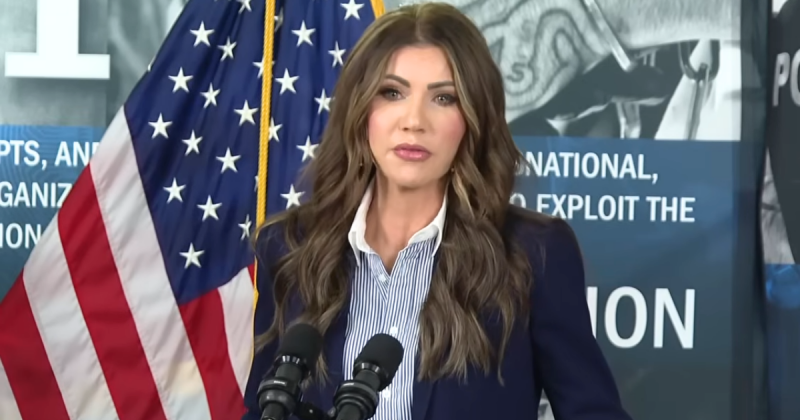The Trump administration is executing a sweeping leadership overhaul at U.S. Immigration and Customs Enforcement (ICE) as it intensifies efforts to remove illegal aliens nationwide.
Multiple senior Department of Homeland Security (DHS) officials confirm that numerous ICE field office directors—including those in Los Angeles, Phoenix, Philadelphia, Denver, El Paso, San Diego, Seattle/Portland and New Orleans—are being reassigned.
Many of these positions are expected to be filled by experienced Border Patrol and Customs and Border Protection (CBP) officers, marking an unprecedented realignment of federal immigration enforcement.
The move represents the administration’s determination to accelerate deportations and ensure field leadership aligns with its strategic vision.
The shake-up reflects deep divisions within DHS over operational priorities, Fox News reports.
ICE has traditionally focused on apprehending criminal aliens and individuals with final deportation orders, relying on intelligence, surveillance and carefully coordinated operations to minimize collateral disruption.
In contrast, DHS Secretary Kristi Noem, senior adviser Corey Lewandowski and Border Patrol Commander Greg Bovino are pushing for a more aggressive, broad-based approach that targets any illegal alien in the United States to meet ambitious deportation benchmarks.
These differing enforcement strategies have heightened internal tensions.
A senior DHS official told the outlet that the shift marks a major change in priorities, expanding enforcement well beyond criminal offenders.
Border Patrol officials have defended the broader approach, saying they are carrying out the law as directed by the administration.
Officials note that this divergence highlights a fundamental philosophical difference over how immigration laws should be enforced, weighing targeted precision against high-volume results.
Lewandowski is reportedly spearheading the personnel changes, while Bovino is expected to select replacements from Border Patrol ranks.
DHS emphasizes that the reassignments are performance-driven, designed to accelerate deportation outcomes nationwide.
The administration highlights its results: more than 527,000 formal removals and over two million departures—including voluntary self-deportations—since Trump returned to office earlier this year.
These numbers underscore the administration’s push to demonstrate immediate results and assert firm control over U.S. borders.
The restructuring represents more than a personnel shuffle; it signals a fundamental redefinition of ICE’s mission.
According to Fox News reporter Bill Melugin, traditional operations emphasized targeted intelligence and methodical arrests, whereas Border Patrol-led enforcement incorporates highly visible, roving operations in retail centers, car washes, flea markets and other public venues.
Some of these operations have drawn judicial scrutiny and criticism from civil liberties advocates, yet DHS maintains that aggressive action is essential to uphold national security and fulfill campaign promises.
Some ICE officials warn that overlapping responsibilities could create confusion and political fallout.
DHS leadership counters that aligning field operations with presidential priorities strengthens accountability and ensures measurable results.
Agency officials stress that leadership reassignments aim to guarantee that those in charge are fully capable of executing directives and delivering outcomes consistent with federal priorities.
They argue that cohesive leadership is crucial for ensuring both efficiency and public trust in immigration enforcement.
As the shake-up unfolds, the federal immigration landscape faces a substantial transformation.
The shift highlights ongoing tension between precision-focused enforcement and sweeping policy execution, demonstrating how assertive leadership combined with strategic realignment can reshape national immigration strategy.
By emphasizing results over bureaucracy, the administration signals that coordinated, aggressive deportation efforts are central to its vision for securing U.S. borders and reducing the population of illegal aliens across the country.

